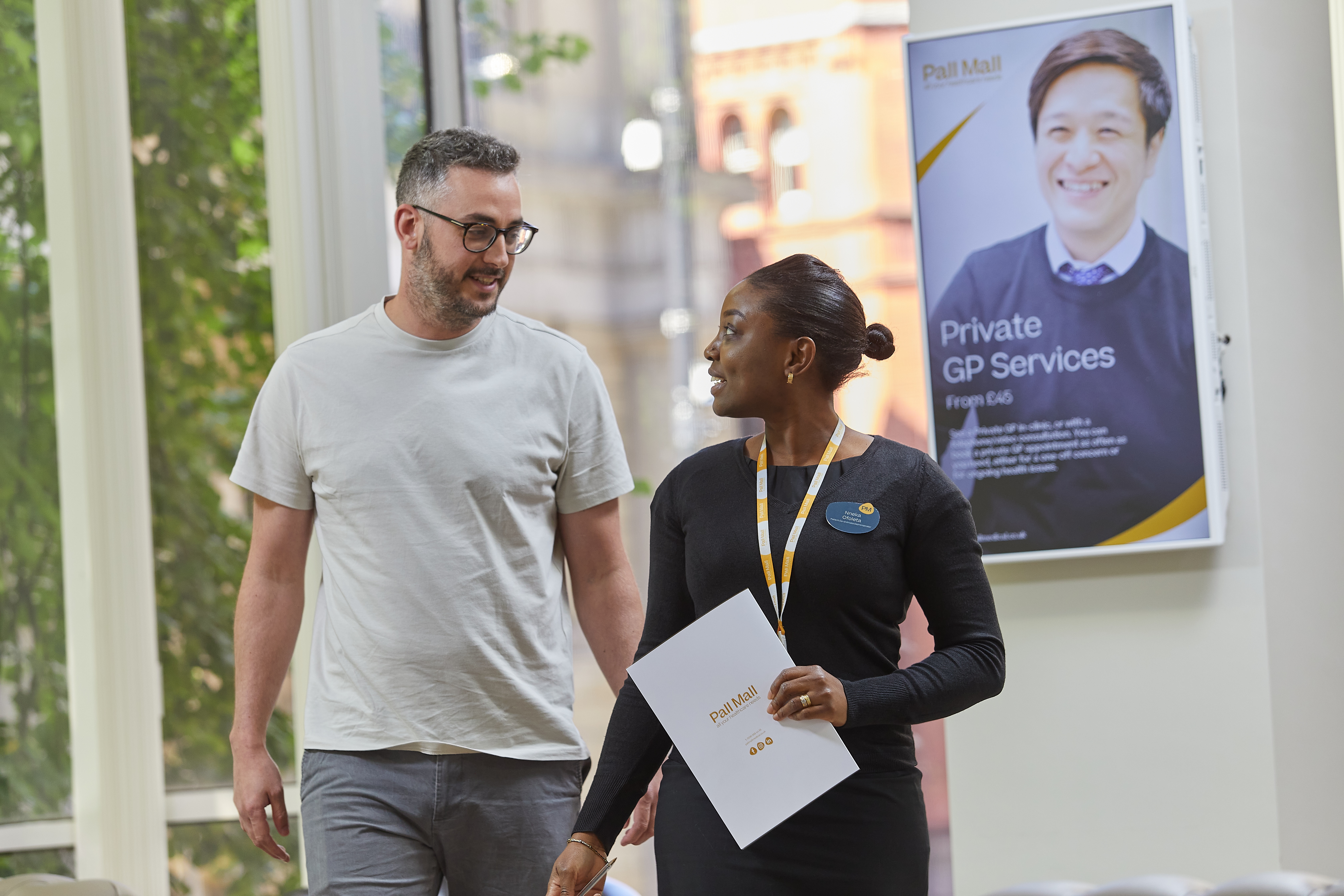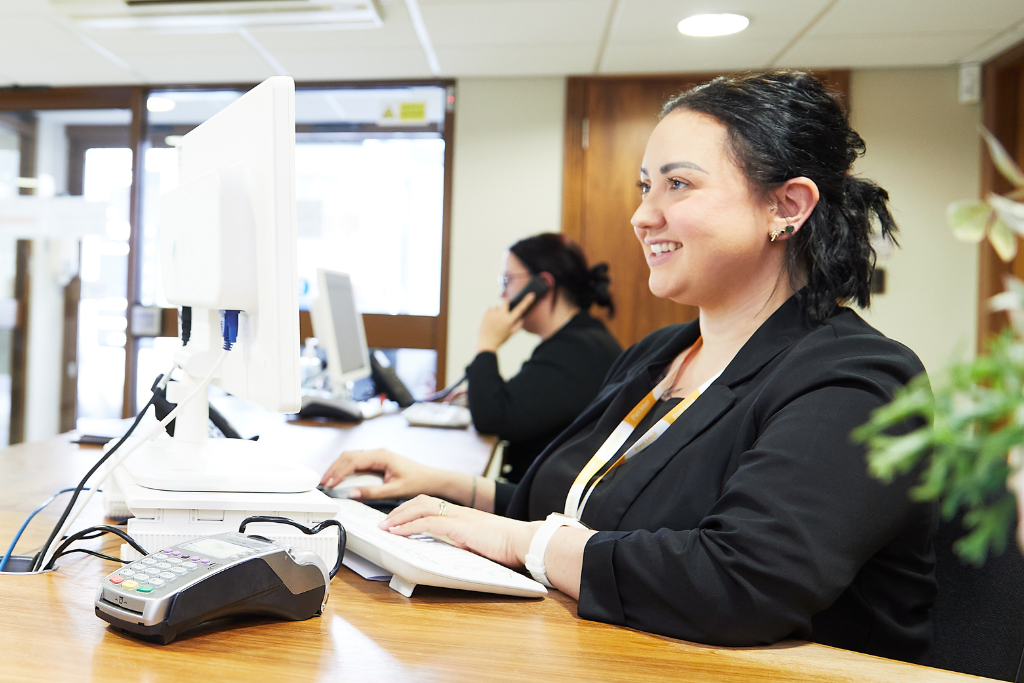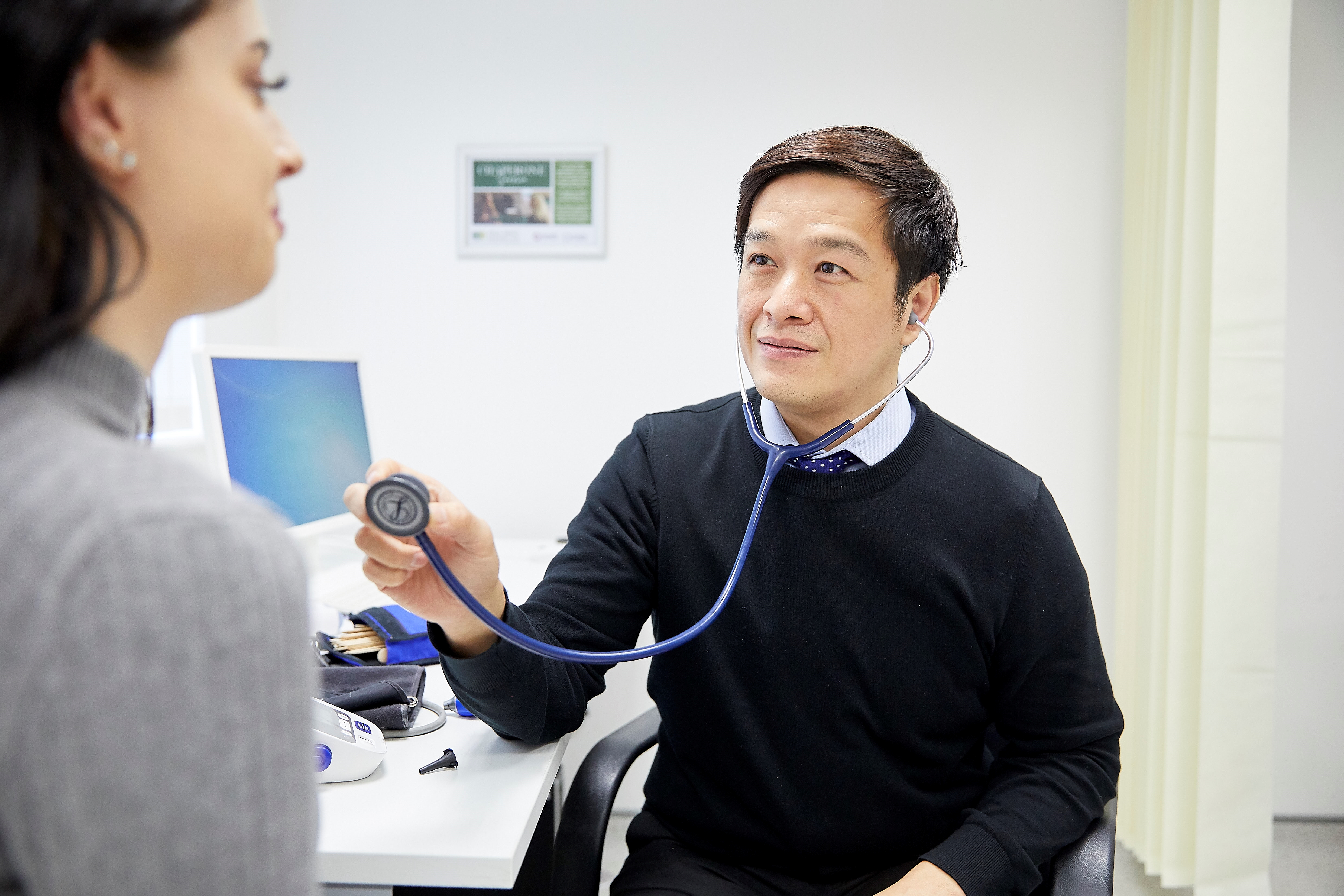A colonoscopy is an endoscopic examination of the large intestine (rectum and colon) with a fibre-optic camera on a flexible tube (a colonoscope). The investigation is carried out by highly skilled and trained private Gastroenterologist. The procedure is routinely done as an outpatient or day-case procedure, with no overnight stay. Your private doctor will explain the benefits and risks involved, and will also discuss the alternatives to the procedure. Depending on your symptoms, alternatives may include:

Private Colonoscopy
- No waiting lists
- Longer consultations
- No NHS referral needed

Private Gastroenterologists/Colorectal Consultants
- Sigmoidoscopy – Camera examination
- Virtual colonoscopy – CT scan
- Barium enema – X-Ray examination
- We can also arrange for blood tests to detect genetic diseases and screening for the risk of developing bowel cancer

What is a Colonoscopy?
What symptoms is a colonoscopy used to diagnose?
It is useful for finding out what is causing symptoms, or as a check-up for certain bowel conditions. Some symptoms which may suggest to the Gastroenterologist that a Colonoscopy would be beneficial include:
- Abdominal (stomach / tummy) pains
- Blood in your stools or in the toilet pan
- Mucus in the stools
- Changes in your bowel habit – either increased or decreased the frequency of opening your bowels
- Weight loss
- Wind/flatulence – often diagnosed as Irritable Bowel Syndrome
Some of the above symptoms may not be caused by any serious illness or diseases. However, sometimes they can be a sign of bowel cancer (colon or colorectal cancer). The Colonoscopy can help with the correct diagnosis. A virtual colonoscopy is also used for private bowel cancer screening.
What are they looking for during the Colonoscopy?
Through the camera, the specialist can a look for signs of any problems in the colon, such as ulcers, polyps and areas of bleeding or inflammation.
The specialist can also carry out a biopsy or remove any polyps (polypectomy) of suspected lesions during the colonoscopy procedure. A private colonoscopy can even remove polyps smaller than one millimetre! Once polyps are removed, they can be studied with the aid of a microscope to determine if they are precancerous or not.
A colonoscopy is also used to diagnose and monitor inflammatory bowel diseases such as Ulcerative Colitis and Crohns Disease.
What happens before and after a private colonoscopy?
For your doctor to see the lining of your colon clearly, it needs to be completely empty. To achieve this, you will need to follow a special diet for a few days before the procedure and you will be asked not to eat any solids on the day before your examination. You will also be given a laxative, which will come with detailed instructions on how and when to take it. Your specialist will advise on the specific details before your colonoscopy procedure.
After the private colonoscopy examination, the colonoscope is removed and you may feel bloated and have wind pains, but these clear up quite quickly. The sedative may also make you feel sleepy, therefore driving is not advised until 8 hours after the procedure.
A consultation with a Gastroenterologist consultant is required in the first instance, who will then arrange the procedure at one of our locations: Manchester or Liverpool city centre or our diagnostic and surgical centre in Newton-le-Willows.

Enquire About Our Services
A member of our team will be in touch with you to discuss your requirements.
We put you at the heart of everything we do

We put the patient at the heart of everything we do.
Pall Mall Medical is owned and led by doctors –which means care without compromise. We’re driven by how best we can deliver what you need from start to finish.
- Care Quality Commission Regulated.
- No waiting lists.
- Rated 4.95 by our patients.
- No referrals required.
Always here to help, whenever you need us
Our expert team are always here to help, advise and arrange appointments with our specialist consultants.



